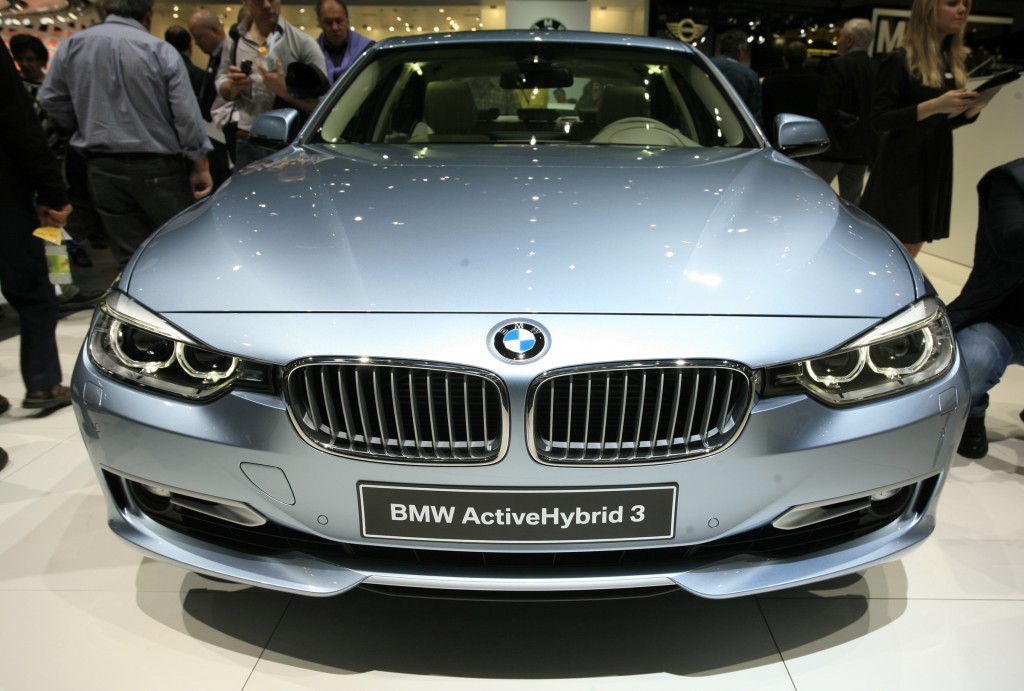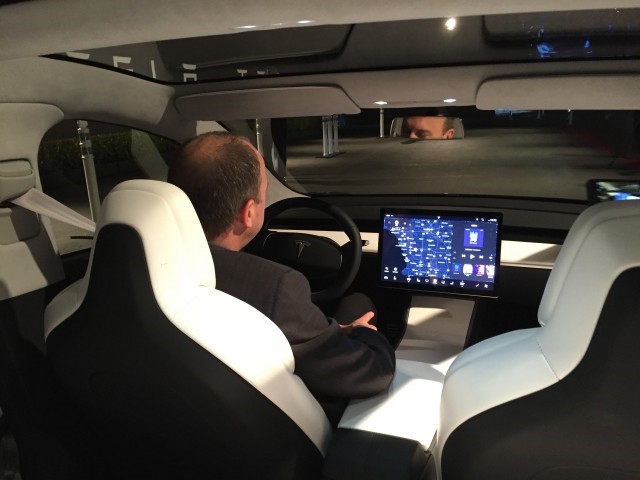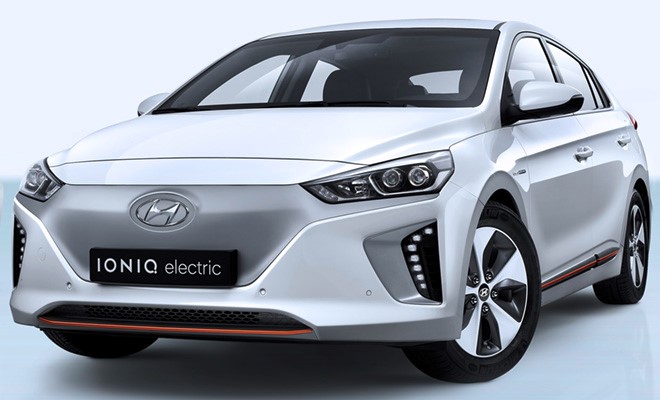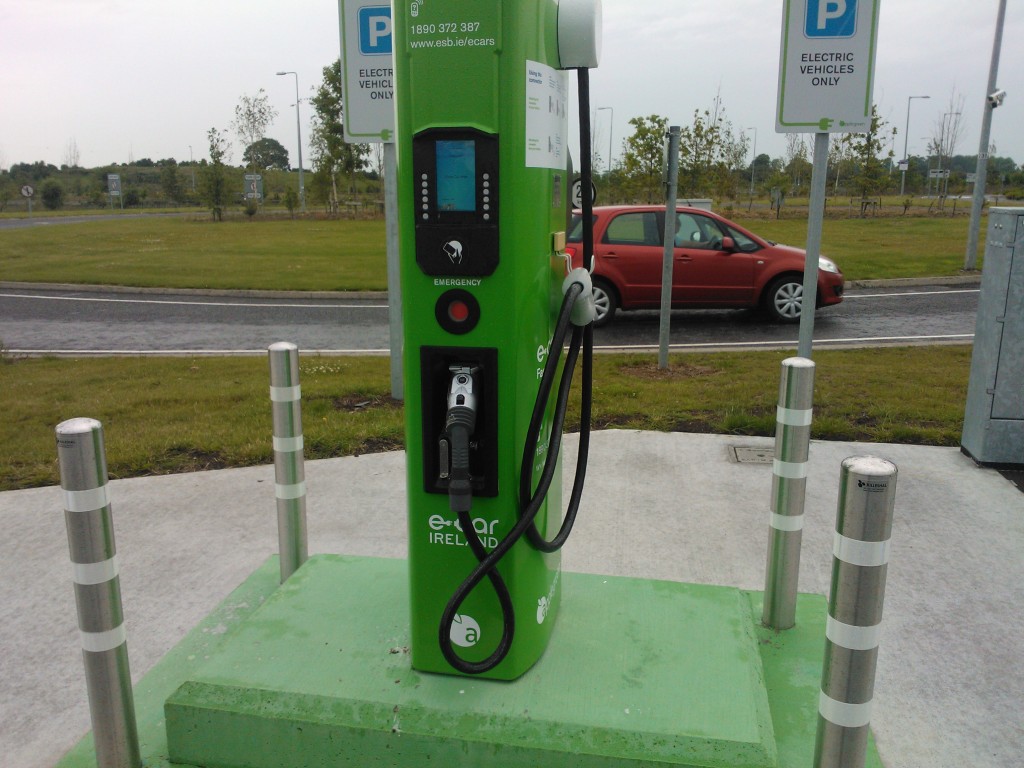A wide range of Electric Vehicles (EV’s) are now being released from mainstream vehicle manufacturers to the European market and are slowly becoming available in Ireland. This is due to the availability of high performance lithium batteries and the increasing pressure from European regulators to supply the market with more efficient and cleaner vehicles.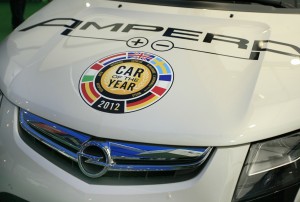
Advantages
The running costs of an Electric Vehicle (EV) will be over 70% less than an equivalent fossil fuelled car at current energy prices. This is because the electric car needs much fewer units of energy for the same journey and the units of night rate electricity are relatively cheap.
Maintenance costs are much lower than those of an internal combustion engine vehicle. Emissions will be 30 – 40% lower than those from an equivalent Petrol or Diesel Vehicle, based on current electricity generation mix.
This figure will improve significantly as Ireland increases its supply of electricity from wind and other renewable sources. An EV is Ideal for set driving ranges and stop-start city driving, as no energy is used when the vehicle is stationary.
There is no Vehicle Registration Tax payable on Battery Electric Vehicles at present (2013). The Government is providing a grant of €5,000 towards the cost of an EV.
Disadvantages
Batteries are relatively expensive at present, so the car will be more expensive than a conventional vehicle to buy. This purchase cost will reduce over time as the worldwide market volume increases.
Manufacturers are claiming battery life of 1,500 – 3,500 full charge cycles which would allow a life of between 5 to 8 years assuming that one full cycle charge is needed per day; which is unlikely to be the case for a vehicle used for typical commuting distances. To address this variance, some vehicle suppliers are proposing to sell the vehicle while separately leasing the battery to the customer. 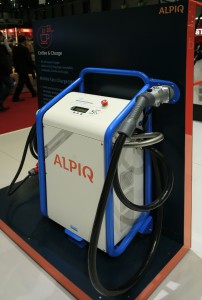
The fuel cost savings would then be used to offset the annual battery leasing costs. Range is currently limited to between 80 and 170 km on a single charge, however, public access charging points including fast charging points are planned to be widely available by 2011.
Charging time from zero is around 3 to 8 hours (230v single phase), depending on the vehicle’s charge state, reducing to 20mins (to 80%) when using 3 phase fast charging units with the appropriate battery. The top speed is generally 65 -110kph.
Conclusion
Battery Electric Vehicles have been around for many years now but due to relatively low fuel costs to date and a limit in their range and preformance, they couldn’t compete with conventional engined vehicles. This is due to change and is showing signs of shfting as technologies within the EV sector improve and advance, this will see an improvement in the driving range available and bring the cost to the end user down as the technology develops further.
